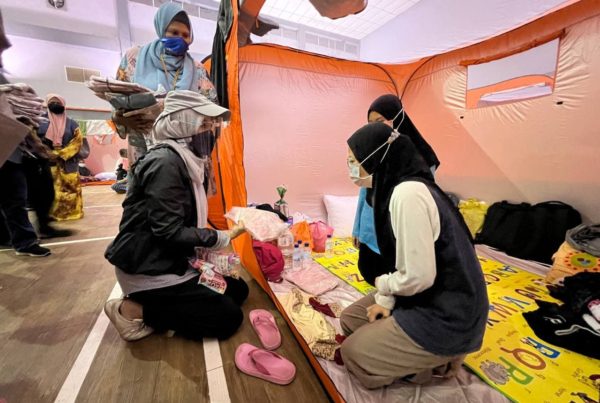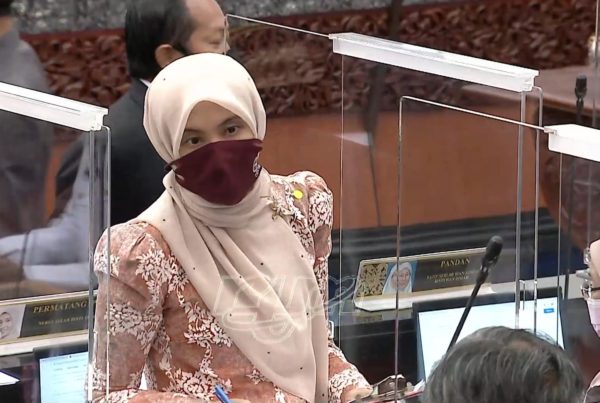Amidst the anticipation of the PM’s sixth budget to be tabled by Dato’ Seri Najib Tun Razak, it is important that we frame expectations for a more sustainable economic future.
To be sustainable, our future must address the weaknesses of rising inequality and declining education standards; as well as the need to continuously improve our global competitiveness.
In 2010, Bank of America’s Merrill Lynch projected a future that is both ‘young and poor’ for Malaysia by 2030; and last year, our very own Fatimah Kari warned of worsening poverty levels as a consequence of the government’s subsidy rationalization program -which cannot be undone even through BR1M handouts.
On the education front, Frederico Gil Sander, a World Bank Senior Economist has said that the poor quality of Malaysia’s education system was more worrying than the level of debt in its households. PISA 2012 results showcased a depressing fact; Malaysian students were 2.5 and 2.8 years behind Vietnam in Mathematics and Science; while lagging behind for at least four years compared to their cohorts in Singapore, Korea and China.
The sixth budget must not ignore these clear warning signs – but must instead pivot towards investing in the future.
Bank of America Merrill Lynch’s “Piketty and Plutonomy: the Revenge of Inequality”, states that there are only two ways to mitigate against rising income inequality or the wealth gap; good quality education and a taxation system that would focus on the top 1 percent wealthiest citizens of the country.
As far as taxation is concerned, Malaysia ranks fourth in terms of concentration of wealth, comparable to 18 percent of GDP. This is compared to 6.2 percent in the UK and 1.9 percent in Japan. This is precisely why the Opposition Leader requested more information from parliament with regards the tax collected from the 20 top richest Malaysians. We need to find an equitable taxation system for the richest Malaysians, which includes capital gains, gift and inheritance tax – to close the wealth gap.
To address declining educational standards, we must focus on quality, affordability and accessibility. I therefore repeat my earlier calls for a Petroleum Provident Fund, with a big portion of it to be used for the main purpose of investing in education. We should be emulating the success of Norway in managing their petroleum wealth to protect their future generations.
In relation to the management of petroleum wealth, I had earlier moved a bill to amend the Petroleum Development Act 1974 to ensure Petronas is accountable to Parliament; rather than the Prime Minister alone. And earlier in June, I had asked that the Prime Minister move to implement the Extractive Industries Transparency Initiative so Malaysians have meaningful practical access over the use of almost RM 700 billion of Petronas’ profits as well as revenues received from other oil and gas entities operating in Malaysia.
Finally, catering for the future requires a Future Generation Fund. Such a fund involves an annual contribution from the government -from the time of birth until 18 years old for every citizen that will receive the funds upon reaching its maturity. Based on certain projections, we are able to pay out RM45,000 to each 18 year old citizen to be used for either education; home purchases or to invest in a mutual fund. If the government starts this program in 2015, projected expenditure is expected around RM1 billion that year, and and will stabilize at a maximum RM18 billion a year on average in the 18th year of operation. This scheme, which has been implemented in other countries is also known as Baby Bonds.
The Prime Minister should immediately move to create a parliamentary fiscal committee. Every budget the parliament passes must address future needs, shaped by decisions made in an inclusive manner by engaging all stakeholders. Tomorrow, the PM must prove to Malaysians that he has the political will to budget for the future.
NURUL IZZAH ANWAR
MEMBER OF PARLIAMENT FOR LEMBAH PANTAI
VICE PRESIDENT OF KEADILAN


